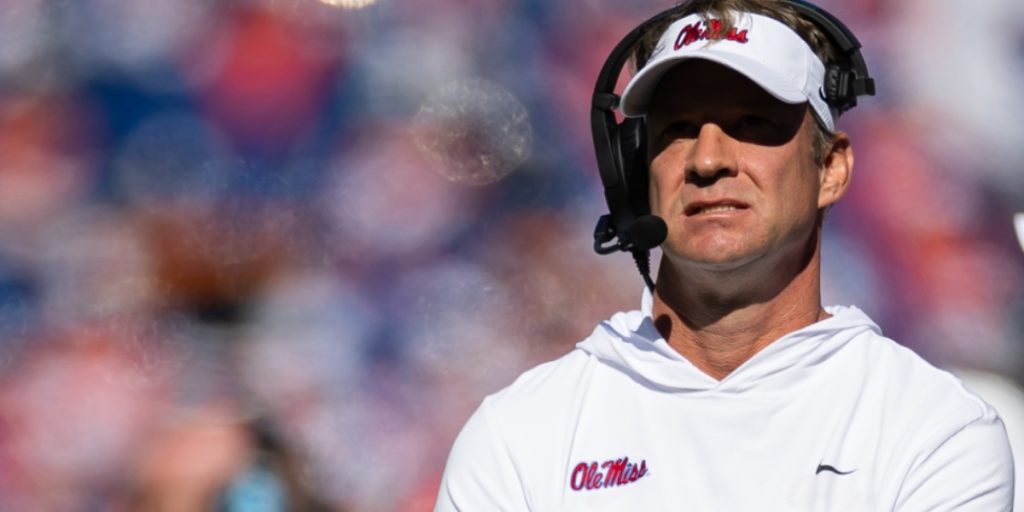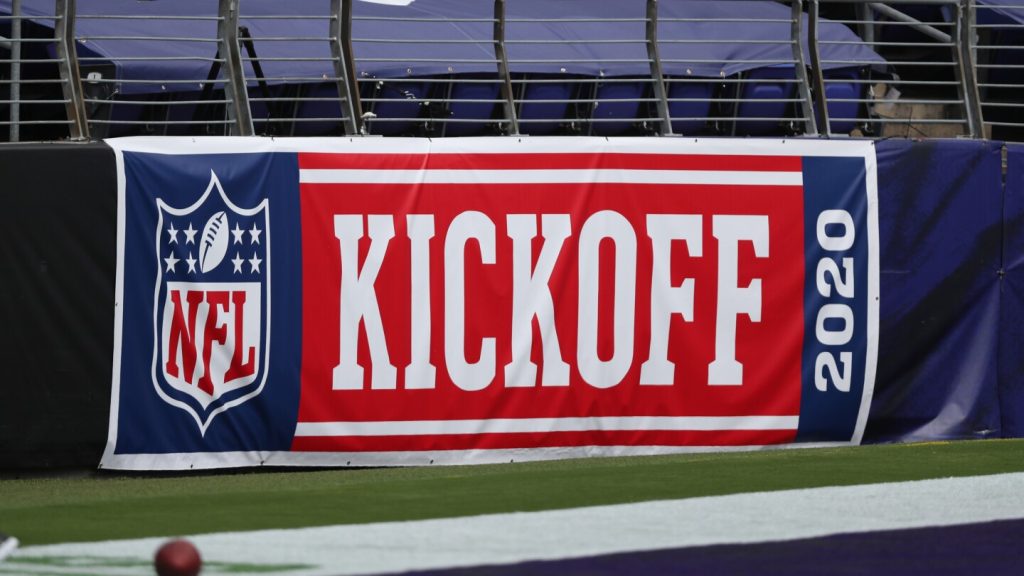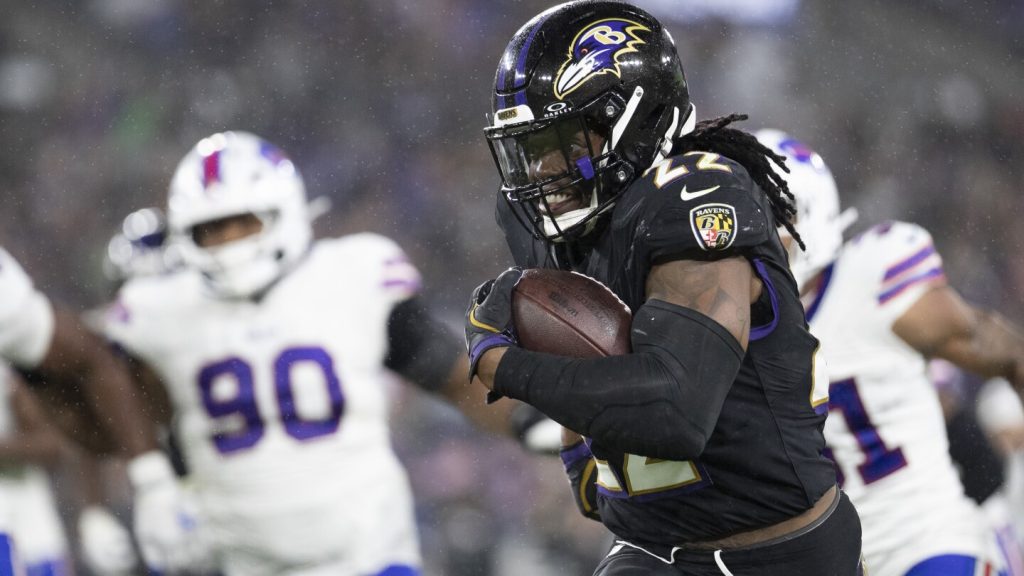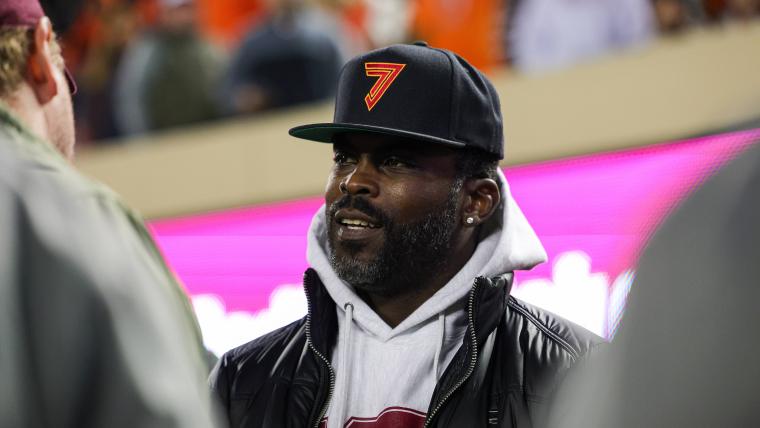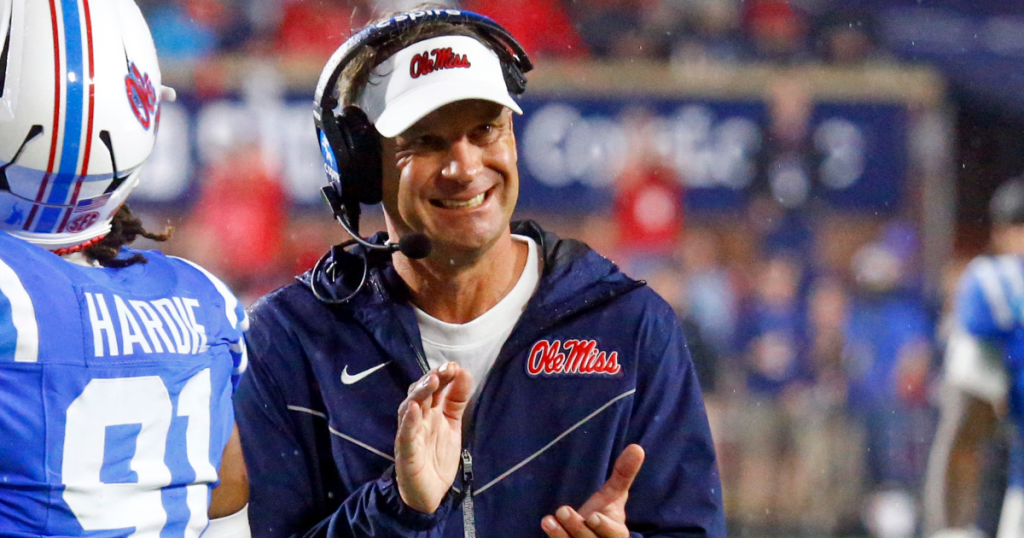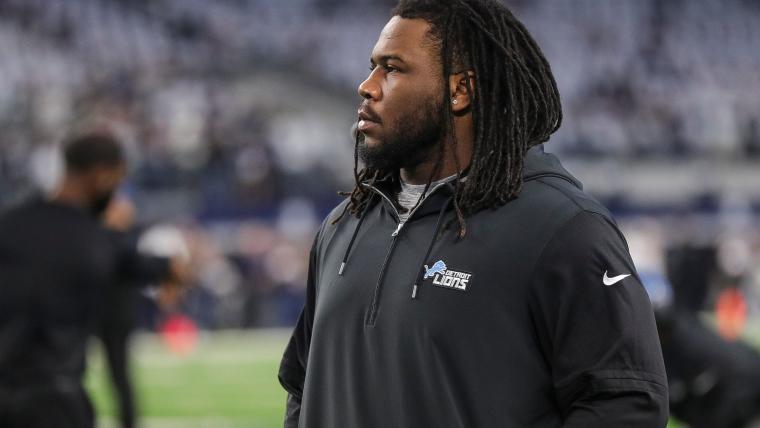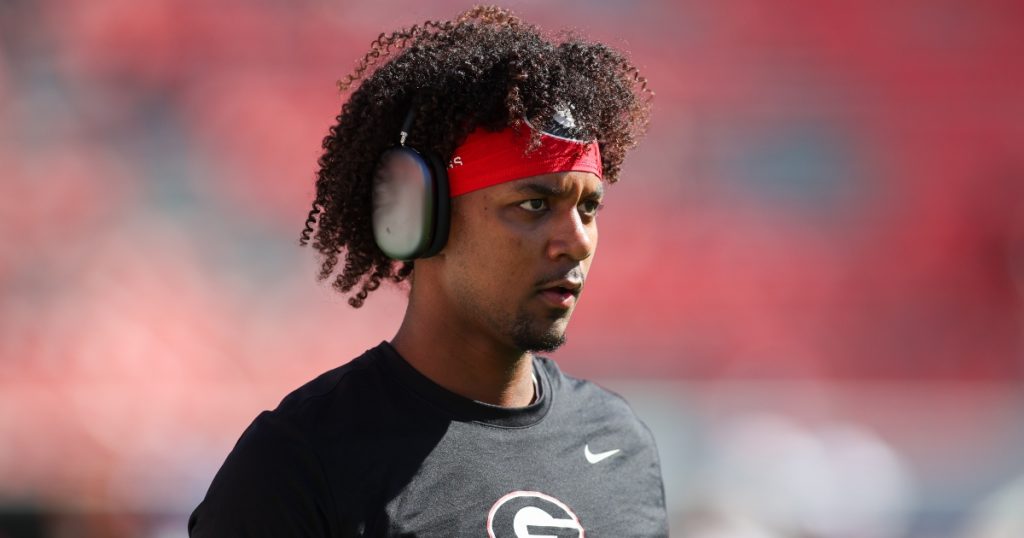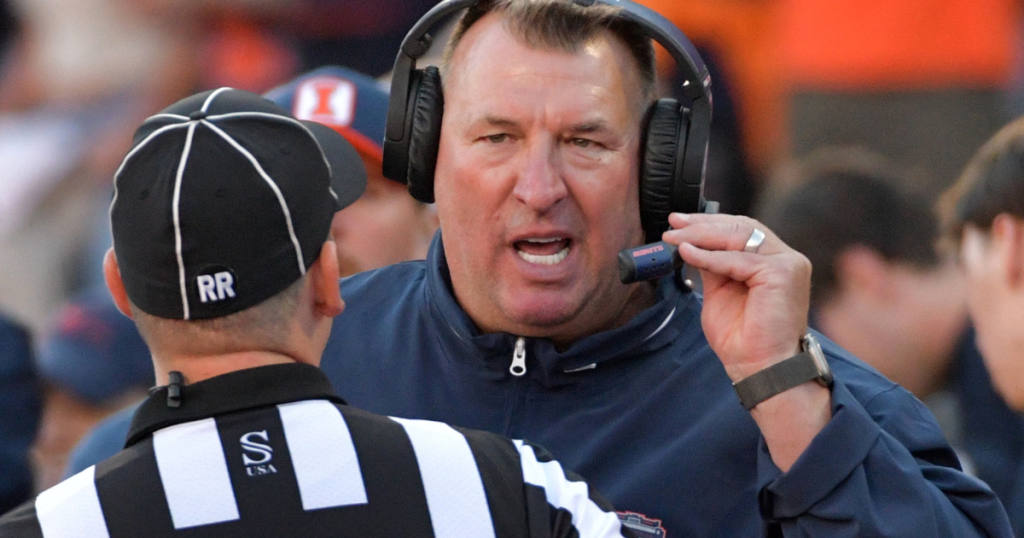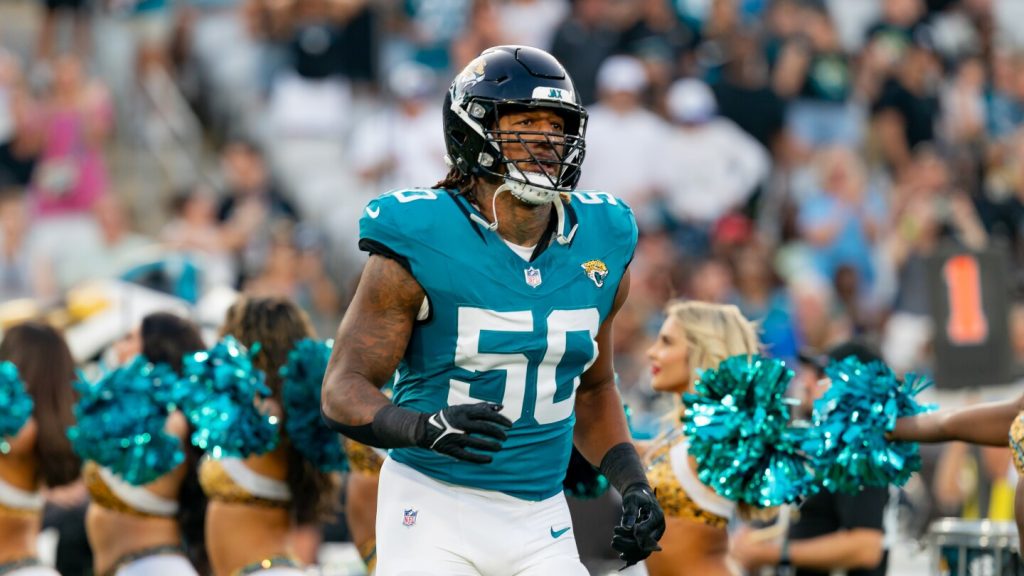As the College Football Playoff (CFP) unfolded, the spotlight turned to the clash between Notre Dame and Indiana. The game was far from the high-octane spectacle many expected, with the scoreboard reflecting a low-scoring affair. This prompted Lane Kiffin, head coach of Ole Miss, to take to social media, expressing his frustration with the CFP committee’s decisions.
Lane Kiffin’s Outspoken Critique
Kiffin didn’t hold back his thoughts on the game, tweeting about the “really exciting competitive game” that was unfolding, accompanied by a thinking emoji and a monocle. His sarcasm was palpable, as he questioned the committee’s choices while the game was still in progress.
“Really exciting competitive game @CFBPlayoff,” Kiffin quipped. “Great job!!” His comments resonated with fans who were left wondering about the quality of the matchups in the playoff.
Indiana’s Struggle Against Notre Dame
As the game progressed, it became evident that Indiana was struggling to find its rhythm. The Hoosiers didn’t score their first touchdown until the 1:27 mark of the fourth quarter. This lack of offensive production raised eyebrows, especially considering Indiana’s record of 11-1.
Despite their impressive record, Indiana’s strength of schedule was a significant talking point leading up to the final CFP rankings. Their regular-season slate ranked No. 67 in the nation, making it the second-weakest among the 12 teams in the playoff. Only Boise State had a less challenging schedule, sitting at No. 80.
The Strength of Schedule Debate
This brings us to a crucial question: Did Indiana truly deserve a spot in the playoff? The debate intensified as fans and analysts compared their schedule to that of other teams, particularly those from the SEC. Ole Miss, Alabama, and South Carolina were among the first teams left out of the playoff despite having higher strength of schedules—ranking No. 33, 18, and 13, respectively, according to ESPN’s metrics.
Kiffin was quick to point out the discrepancies between conferences, emphasizing how the SEC’s grueling competition sets it apart. He suggested that fans might need to adjust their expectations, as teams from the SEC often have multiple losses due to the level of competition they face.
The SEC vs. Other Conferences
“I think that this is what you’re probably going to have to get used to as fans,” Kiffin remarked. “Teams having multiple losses in this conference… It’s why it’s just different.” He highlighted the stark contrast between the SEC and other conferences, asserting, “You might as well be in different leagues. Not conferences, different leagues. Like, here’s the NFL, here’s the SEC, here’s those few Big Ten teams, and then here’s everybody else.”
This perspective raises an important point: how do we evaluate teams from different conferences? Is it fair to compare a team from the SEC, known for its tough matchups, with a team from a weaker conference? Kiffin’s comments underscore the challenges of comparing teams across different levels of competition.
The Impact of the CFP Committee’s Decisions
The decisions made by the CFP committee have far-reaching implications. For teams like Indiana, a spot in the playoff is a chance to showcase their program on a national stage. However, when the strength of schedule is called into question, it can undermine their achievements.
Kiffin’s vocal criticism reflects a broader sentiment among fans and analysts alike. Many believe that the committee should take into account the level of competition faced by each team when determining playoff eligibility. The conversation around Indiana’s inclusion in the playoff highlights the complexities of the selection process.
Looking Ahead: What’s Next for College Football?
As the College Football Playoff continues, the discussions surrounding strength of schedule and conference competitiveness will undoubtedly persist. Fans are eager to see how the committee will evolve its criteria in the future. Will they prioritize teams from power conferences, or will they give underdogs a fair shot?
The playoff format is still relatively new, and as teams and fans navigate this landscape, the importance of transparency and fairness in the selection process becomes increasingly clear. The excitement of college football lies not only in the games themselves but also in the debates that arise from them.
In the end, the clash between Notre Dame and Indiana may have been just one game, but it has sparked a conversation that could shape the future of college football. As we move forward, one thing is certain: the passion for the sport will continue to drive discussions, and fans will eagerly await the next chapter in this ever-evolving narrative.

